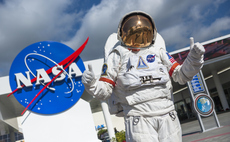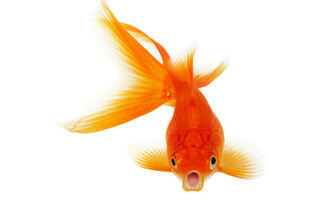Mission would be launched using Ariane 64, the four-booster version of the Ariane 6 rocket
The European Space Agency (ESA) is planning to send a mining mission to the Moon by 2025 in an effort to find water and oxygen on Earth's nearest neighbour.
Over the past five decades, humans have sent almost 100 missions to the Moon. Although not all of them have been successful, they have certainly helped scientists solve some long-standing mysteries of the Solar System.
International space agencies are increasingly recognising the potential significance of natural resources on the Moon and plan to send many missions to the lunar surface in next few years. Experts believe this recent rash of activity in terms of Moon missions could also lay the foundation for long-term bases on the Moon in not-too-distant future.
And what's learnt about building bases on the Moon could be used elsewhere.
The ESA has signed a 12-month contract with the rocket maker ArianeGroup to study the possibility of a Moon mining mission.
According to ArianeGroup, the aim of the mission will be to extract regolith, which is a mixture of clays, minerals, glass fragments, and chemical compounds. The Moon's regolith covers the surface up to a depth of at least 12 feet. Many scientists believe that Moon's regolith may serve as a source of oxygen, water and fuel for astronauts on future Moon missions.
"The use of space resources could be a key to sustainable lunar exploration, and this study is part of ESA's comprehensive plan to make Europe a partner in global exploration in the next decade - a plan we will put to our Ministers for decision later this year at the Space19+ Conference," said Dr David Parker, director of Human and Robotic Exploration at ESA.
To carry out the study, ArianeGroup has collaborated with German start-up PTScientists and a Belgian company named Space Applications Services. PTScientists will build the lunar lander for the mission, while Space Applications Services will provide ground control facilities and communication services required during the mission.
"This first contract - symbolically announced on the day of a lunar eclipse - is a milestone for ArianeGroup, which has for a long time been working on technological proposals for space logistics servicing," said André-Hubert Roussel, CEO of ArianeGroup.
According to ArianeGroup, the Moon mission would be launched using Ariane 64, the four-booster version of the Ariane 6 rocket. Ariane 64 would carry the equipment needed for a Moon landing.
It will not be a crewed mission, but would rather focus on landing a robotic machine on the Moon.


















